What are Inquiry to Impact Projects?
Inquiry to Impact Projects pursue creative and innovative answers to societal challenges and open-ended questions in multidisciplinary teams with students, faculty, and external partners. These multi-semester projects span the journey from creative inquiry to sustainable impact. Students develop their competencies for independent inquiry and discovery, multidisciplinary teamwork, design thinking, entrepreneurial thinking, systems thinking, and getting stuff done.
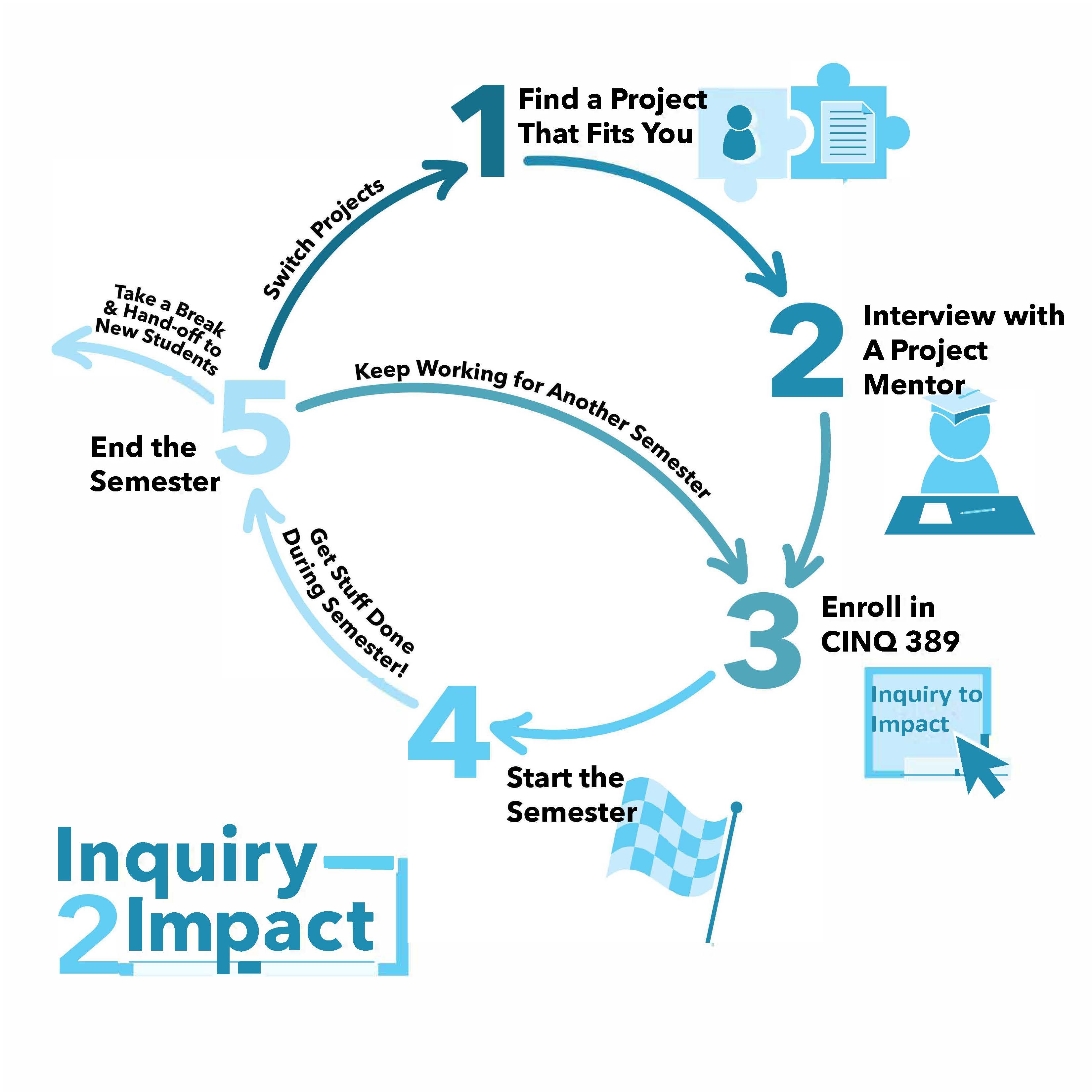
Spring 2021 Inquiry to Impact Projects
To join a project, contact the faculty mentor directly to express your interest.
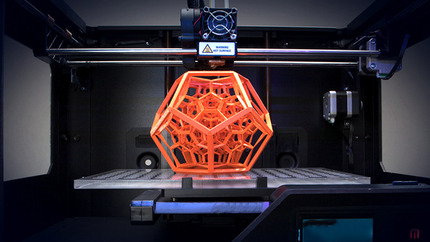
Data-Driven Imaging Correction
Lead Mentor: Yaling Liu, yal310@lehigh.edu, Professor of Bioengineering and Mechanical Engineering+Mechanics

Developing Lab Tasks to Measure How European-American Mothers Socialize Racial Attitudes in Young Children
Lead Mentor: Debbie Laible, del205@lehigh.edu, Professor, Psychology

Expanding LGBT Community Archival Holdings and Exhibiting Archival Material to Engage Communities in Regional LGBT History
Lead Mentor: Mary Foltz, mcf209@lehigh.edu, Associate Professor, English
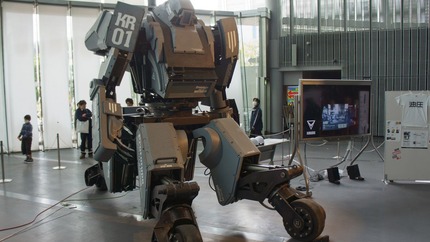
Mech- A Platform for Robotics Outreach Education
Lead Mentor: Corey Montella, cim310@lehigh.edu, Professor of Practice, Computer Science and Engineering
Please visit our project website: http://mech-lang.org/home.html.

Real-Time Machine Learning
Lead Mentor: Joshua Agar, joshua.agar@lehigh.edu, Assistant Professor, Materials Science Engineering

Spam Spotting-Using AI Tools to Educate and Improve Decision Making
Lead Mentors: Sihong Xie, six316@lehigh.edu, Assistant Professor, Computer Science Engineering; Qiong Fu, qif210@lehigh.edu, Professor of Practice, College of Education
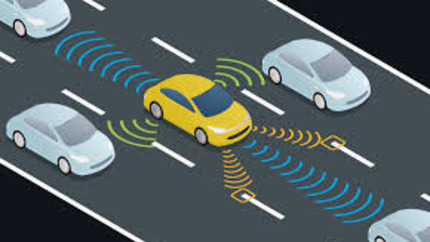
Testbed for Self Driving Cars in Urban Environments with Traffic
Lead Mentor: Cristian-Ioan Vasile, crv519@lehigh.edu, Assistant Professor, Mechanical Engineering Mechanics

The NeuroSalon Project
Lead Mentor: Julie Miwa, jmm312@lehigh.edu, Associate Professor, Biological Science

Virtual Lives of Vaping
Lead Mentors: Haiyan Jia, haj616@lehigh.edu, Assistant Professor Journalism and Coummunications; Amanda Greene, akg319@lehigh.edu, Andrew W. Mellon Postdoctoral Research Associate, Humanities Lab
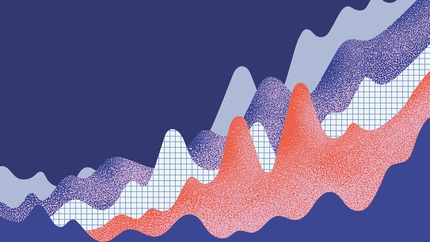
Visualizing Change in Society
Lead Mentors: Andrew Ward, anw309@lehigh.edu, Professor, Management; Joshua Ehrig, Jwe4@lehigh,edu, Professor of Practice, Management
Visit our project site at: societalshifts.com
Get inspired! Past Inquiry to Impact Projects
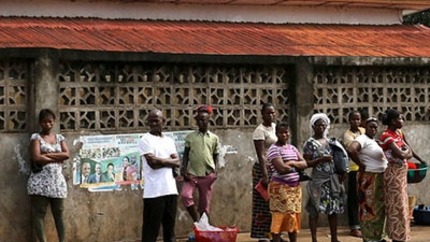
Assessing Socioeconomic Factors Underlying Ebola Infection (G)
Develop and implement a cellphone app that doctors can use to register socioeconomic factors and habits of Ebola patients in Sierra Leone. Students conducted interviews with local doctors and then developed a phone app. In phase two, students met with health officials to help the distribution/implementation of this tool among doctors in the country.
Lead Mentors: Paolo Bocchini and Javier Buceta

Causes of River Meandering
River meandering has been attributed to the erosion and deposition of sediments along river banks, yet the cause of the instability has not been identified. This project showed that meandering is driven by an adverse pressure gradient, so the resulting deceleration imposed upon the fluid causes it to divert to either side of its original direction. Faculty Mentors: Dork Sahagian and Panos Diplas
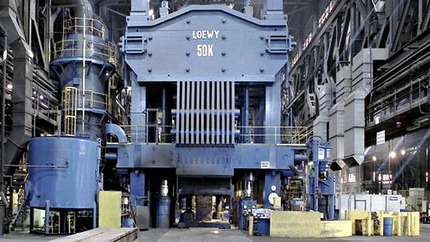
Forging Ahead through Engineering Leadership
Erwin and Ludwig Loewy changed the world with their engineering innovations in metal forming. This project developed an interactive exhibit to maximize understanding of the Loewys technical accomplishments. Utilized the Loewy archives at Lehigh, a visit to where forging presses are still in operation, and partnership with the National Museum of Industrial History in Bethlehem. Faculty Mentors: Scott Garrigan and Wojtek Misiolek

The Neurogenetics of Creativity
Exploring the genetic underpinnings of differences between individuals, and introducing proteins into genetic animals to test whether mutant versions can restore functioning as well as normal versions. This project can explain why some have difficulty overcoming traumas and fears, and ultimately help to maximize potential and allow people to live their most creative lives.
Faculty Mentors: Julie Miwa and Frank Zhang

Parent-Child Communication Coding
This project developed a coding scheme to capture the quality of parent-child communication in video during an 8-minute conversation between mothers and children. The goal was to find differences in language use and non-verbal communication strategies across ethnically diverse high-risk mother-child pairs. The coding scheme was made available to other researchers who do work on ethnically diverse families. Faculty Mentor: Debbie Laible
Pop-Up Parklets
How can we develop and design simple urban spaces to build community and increase quality of life? This project built on the Parklet movement by designing and installing inexpensive Parklets at two locations in Bethlehem, testing their effectiveness, and planning ways to replicate the project at other locations throughout the city. Faculty Mentor: Karen Beck Pooley

Betting on Bethlehem
Initially using interviewed and filmed material from Summer 2018, in Spring 2019, students produced final cut of a documentary film on the Sands Casino's impact on southside Bethlehem, creating a digital map that detailed this impact on specific sites within southside neighborhoods, and developed a comprehensive oral history project that incorporates the meaningful features of interviews with local citizens. Faculty Mentor: Michael Kramp
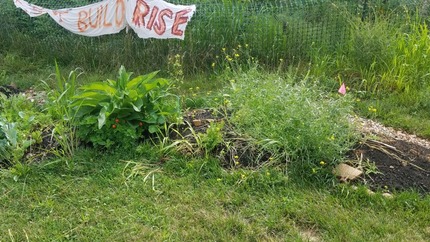
Southside Permaculture Park
Through the creation of a park-like garden, this project created a space where anyone can see the diverse web of connections that exist between varied species to create a mutually supportive network of symbiotic relationships. An interactive website accompanied the garden to expand education about the park and its ecosystem. Students on this project worked through the ES397 course. Faculty Mentors: David Casagrande and Al Wurth
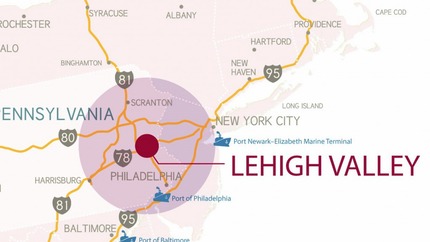
Using Social Media to Promote Diversity at Lehigh
Low-income communities in the Lehigh Valley perceive Lehigh University as detached from its socioeconomic environment. This project evaluated the merits of this narrative, employing a survey tool administered online and face-to-face through community partners. Results informed the University’s leadership and its Path to Prominence.. Also developed a website for first-gen students at Lehigh to share their stories. Faculty Mentor: Luis Brunstein

Collaborative Localization and Mapping with Robots
This project focused on Visual Localization and Mapping of autonomous robots (quadcopter drones). The teams developed basic algorithms and software packages using a Robot Operating System to collect visual samples and perform object classification, verifying their work through flying robot experimentation. Senior team members developed more advanced machine learning algorithms. Faculty Mentor: Nader Motee
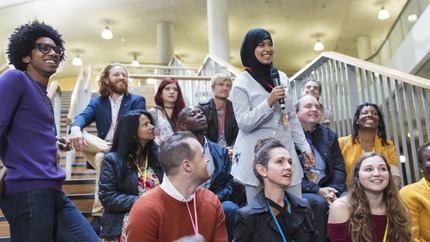
Charting a Path Toward More Inclusive Economics
This project interrogated entrepreneurship through the prism of gender, race, and sexual identities in the Bethlehem business community. It explored challenges faced by businesses owned by women, people of color, LGBTQ people and their allies, and solutions to implement to help work through those challenges. Faculty Mentors: Monica Najar, Rita Jones, Jackie Krasas

HearMyCl: Patient Customized Cochlear Implant Simulation App
This project focused on creating and developing an app for “translating” cochlear implants from young children to their caregivers. Their goal in summer 2019 was to complete product development and develop an applied research plan for HearMyCl. Students worked with stakeholders to gain input into how HearMyCl can best be implemented. Faculty Mentors: Michael Burger, Susan Perry, Brooke Sawyer

Jamrooms
Created a collaborative online space where users can create loop-based music - like a Google Doc for sound! Check out Jamrooms at jam.musicintelligence.co. Faculty Mentor: Tom Collins
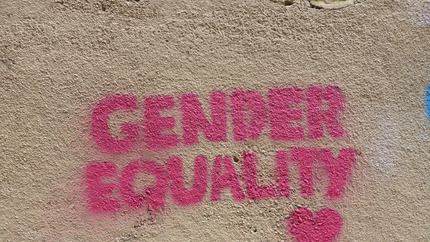
Gender in Silicon Valley
Silicon Valley is a nexus of issues around gender equality, socioeconomic status, power dynamics in the workplace, and free speech. This project explored those issues, talked to subject experts, and determined possible solutions.
